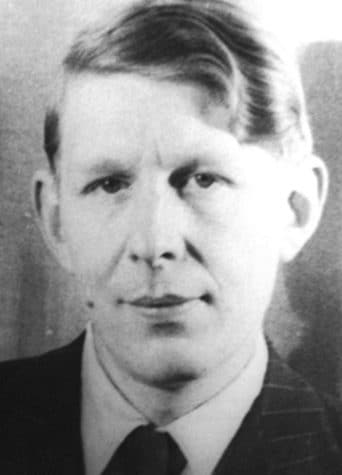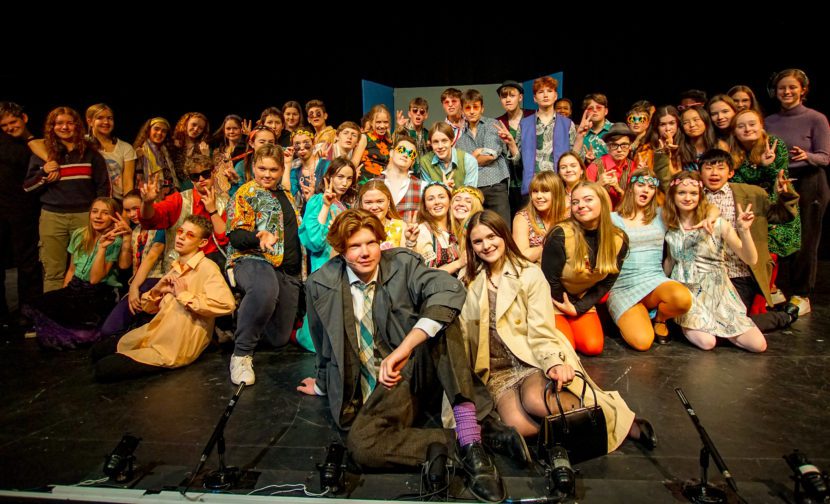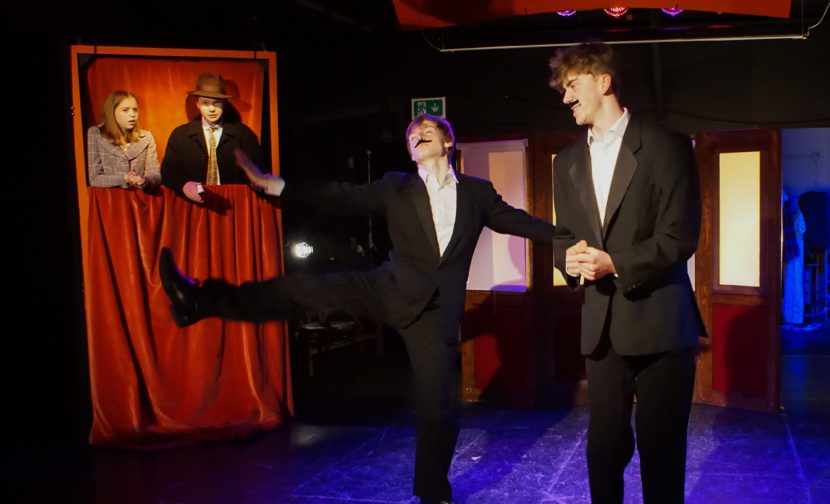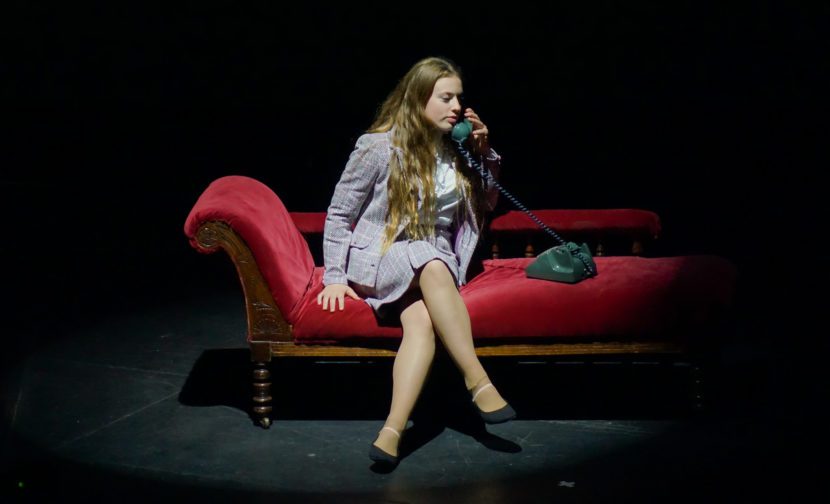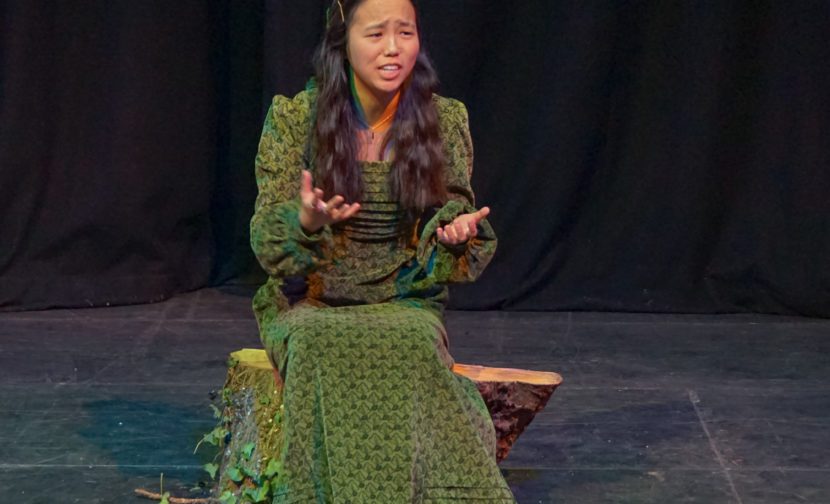Drama and the Performing Arts promote self-confidence; co-operation and inventiveness encouraging and supporting everyone to explore and appreciate their own ideas and creative freedom of expression.
Drama is part of the Year 9 curriculum, and is a popular option at GCSE, with further opportunities to continue into the Sixth Form. Throughout the department the emphasis is on encouraging a high level of independence, Drama pupils are encouraged to be active participants in the creative process, finding their place within a team, taking risks, and daring to fail, practically realising their own ideas and recognise the achievements and creativity of others.
Theatre trips, workshops and the opportunities to talk and work alongside theatre professionals are crucial elements in the teaching and learning of theatre, which as a living art form is constantly changing. The trends and fashions of current practitioners form the basis of much of our Sixth Form work, which then influences the younger pupils keeping the work fresh and innovative across the age range.
Pupils have many opportunities to participate in our school productions each year. The opportunity to take centre stage and perform as a principal or a member of a committed chorus in a musical on The Auden stage is something that is seen by many as an essential part of the Gresham’s experience. Find out more about co-curricular drama here.
Theatre is, as influential theatre practitioner Bertolt Brecht famously said ‘not magic but work’ though the rewards are undeniable and though we work hard in rehearsal, we play hard too. Former pupils from the last ten years are currently studying at Central School of Speech and Drama, RADA, LAMDA and Arts Ed to say nothing of the extraordinary high profile career of award-winning actress Olivia Colman.
ALUMNI
ALUMNI
Sebastian Shaw
Kenwyn 1919 – 1922
Sebastian Lewis Shaw (29 May 1905 – 23 December 1994) was an English actor, theatre director, novelist, playwright and poet. During his 65-year career, he appeared in dozens of stage performances and more than 40 film and television productions. Shaw made his acting debut at age eight at a London theatre. He studied acting at Gresham’s and the Royal Academy of Dramatic Art. Although he worked primarily on the London stage, he made his Broadway debut in 1929. Shaw was particularly known for his performances in productions of Shakespeare plays, which were considered daring and ahead of their time. In 1966, he joined the Royal Shakespeare Company, where he remained for a decade and delivered some of his most acclaimed performances.
In 1983, he appeared in the third instalment of the original Star Wars Trilogy, Return of the Jedi, starring as the redeemed Anakin Skywalker, as well as Skywalker’s ghost in the original 1983 theatrical release of the film.
Sienna Guillory
Oakeley 1991 – 1993
Actress – starred in Luther.
Miranda Raison
Edinburgh 1990 – 1991
Actress – starred in Night flyers/ Dr Who.

